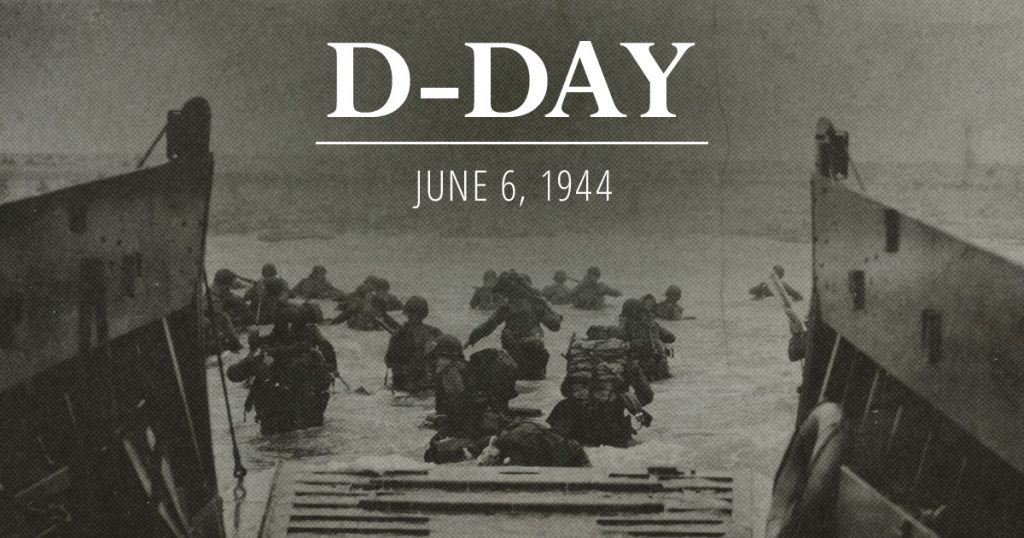
In the summer of 1977, I was a newly minted twenty-five-year-old U.S. Army Chaplain assigned to the 1st Battalion, 153rd Infantry, 39th Infantry Brigade of the Arkansas Army National Guard. It was my first time for Annual Training, a time when many National Guard units gather for training.
It was during this time that I met Master Sergeant Clark(not his real name), a kind, older soldier, probably in his mid 50’s who welcomed me and told me that he was a member of the Church of the Nazarene. The unit patch on the right shoulder of his fatigues said to me that he’s served in combat with the 45th Infantry (Thunderbird) Division, a unit made up of National Guard soldiers.
During the first few days of training, I’d had the opportunity to visit with him a couple of times and hear just enough of his story to want to hear more.
In those days there were still several WWII veterans in the Guard. Many had done their time, we discharged, and later came back into the various Army Reserve and National Guard Units.
Towards the end of the first week, the XO of the Battalion informed me that Sergeant Clark had been admitted to the hospital for a possible heart attack and asked if I could drive into town with the Sergeant Major to visit him. We had a great visit, heard some his stories and he and the Sergeant Major had both served in WWII, and we went back to the field.
This would be Master Sergeant’s last Annual Training. He was transferred back to the hospital in his home town. As I recall, he was discharged from the hospital and within the next few months died of a heart attack.
As the unit chaplain, I was one of many unit members that represented the Battalion at his funeral.
As a member of the Greatest Generation, Sergeant didn’t talk much about his WWII experiences. Instead, he lived a quiet life in Southern Arkansas, was a loving husband, father, and granddad. He was an active member in his church and lived a life that honored the Lord Jesus. Like so many of his peers he saw and experienced some of the most extraordinary things, a young man can suffer as a result of being involved in a war. But you would never know his story unless he let you in.
One of the benefits of being a soldier and a Chaplain is that when soldiers begin to trust you, they will tell you some of their story with you. I know that he’d been a tanker and had been involved in the Sicily and Italian Campaign and then was involved in the D-Day invasion.
What I learned at the funeral is that he’d had two tanks shot out from him in just a few days in France. You see, he had to be a badass when his country called him to join the fight. He engaged the enemy, took care of his men, and fought until he could fight he was relieved. That has so many of these young men in WW II were.
On that day, the preacher shared the word of God about the Death, Burial, and Resurrection of Christ and the Hope we have in Christ.
Also, on that day, other older soldiers shared some appropriate stories about MSG. Clark.
We went to the cemetery, words were said, the ground was consecrated, and as Taps played fellow soldiers fire the final rifle volley.
That was the first Military Funeral that I’d participated in, and even now I have tender memories of that fine man. I read that the greatest generation soldiers are dying at a rate of 400 a day as they move into their 90’s
This week, as we recall the 75th anniversary-Day, take a few moments to review the history and impact of that day, and if you are brave, ask members in your family about family members who may have served in WW II.
I had an aunt served as an Army Nurse, three uncles that served, one was with the Merchant Marines, one was Airborne, and one was a medic. My dad was commissioned into the Navy as the war ended. While they may be gone, see if any other family members know any of their stories.
Here are a couple of movies that will help give you a perspective:
Saving Private Ryan
The Series Band of Brothers.
Fury – an up close and compelling account of a WW II tank crew toward the end of the war
May we be worthy Americans that can live a life that honors their sacrifice.

Great article, John. My husband served in the 45th. Different war.